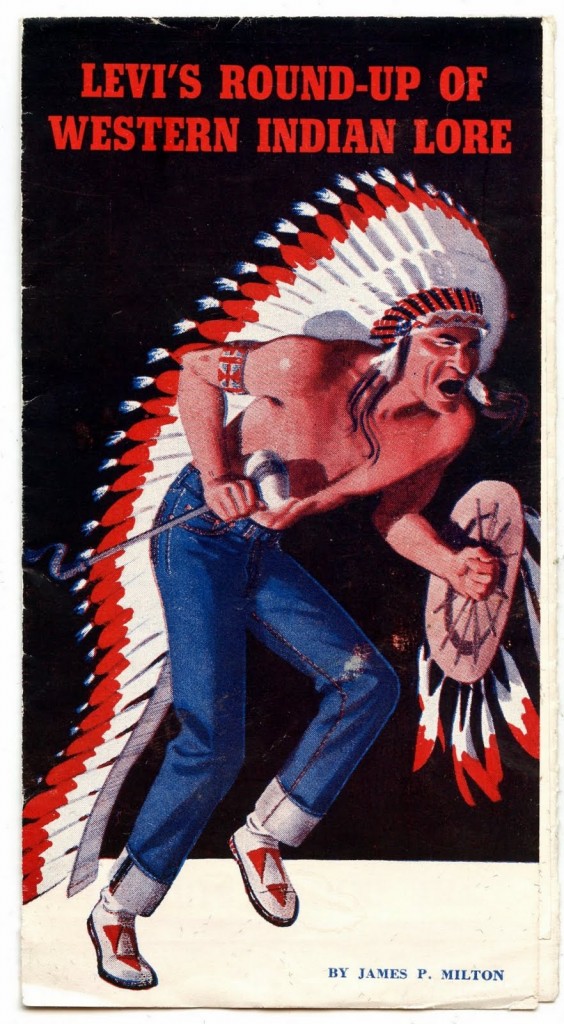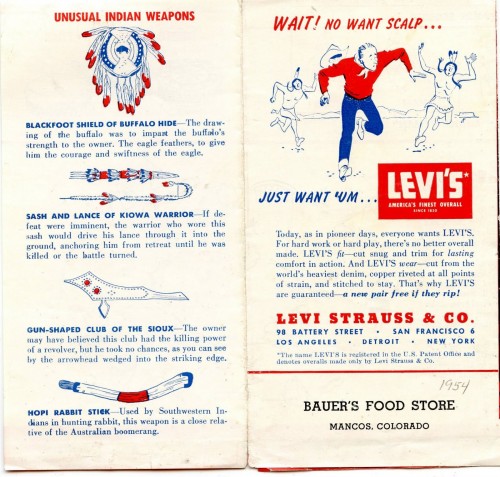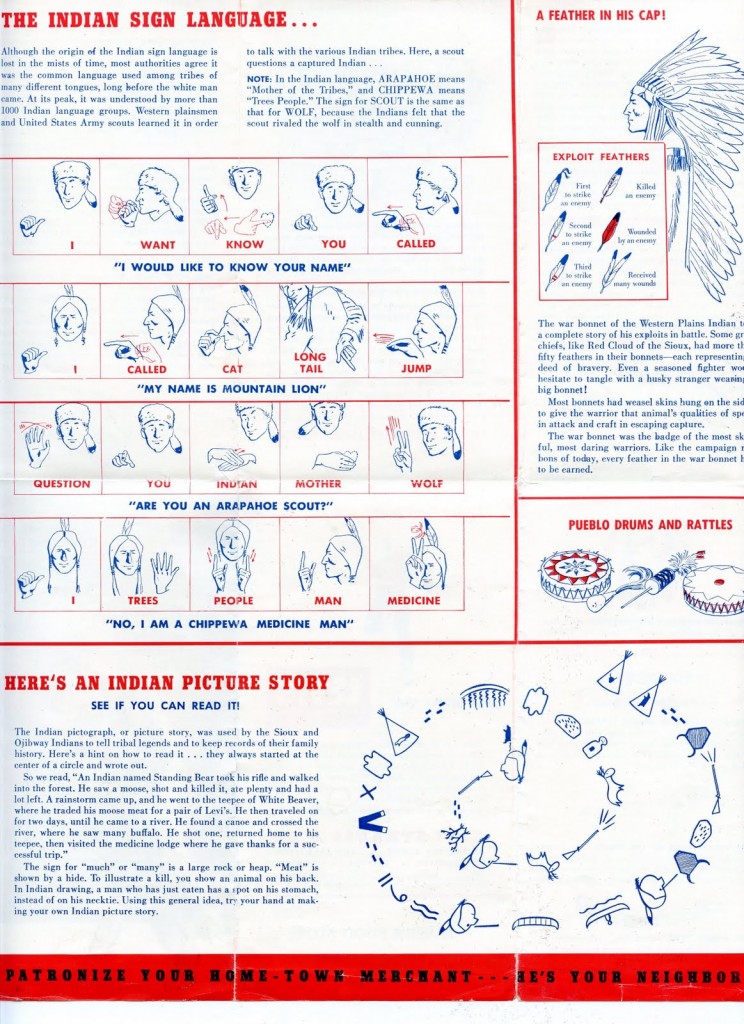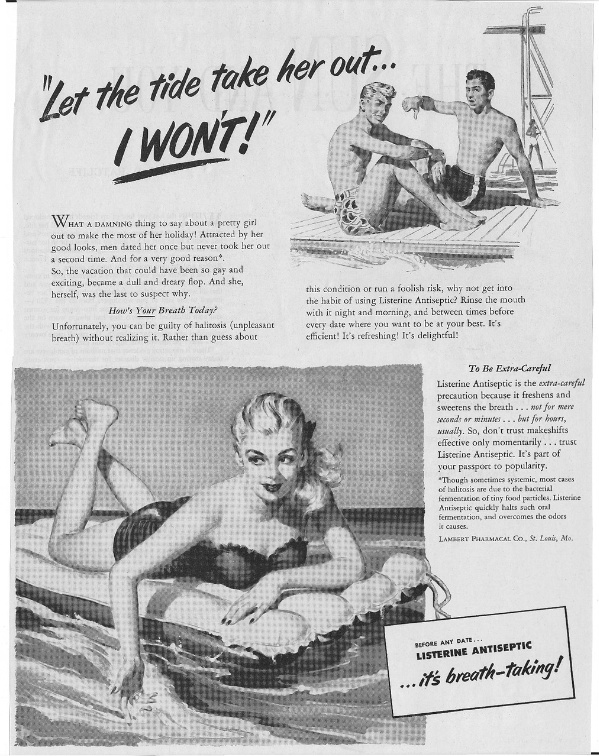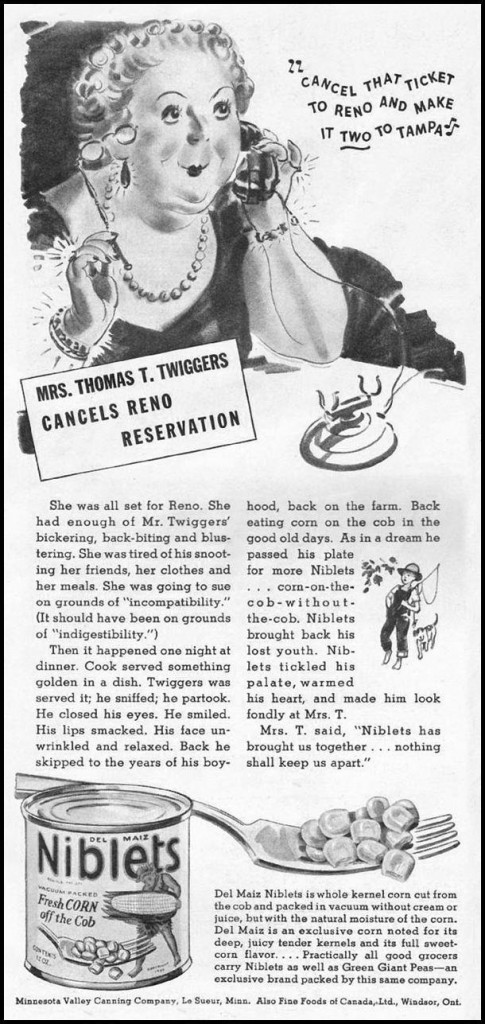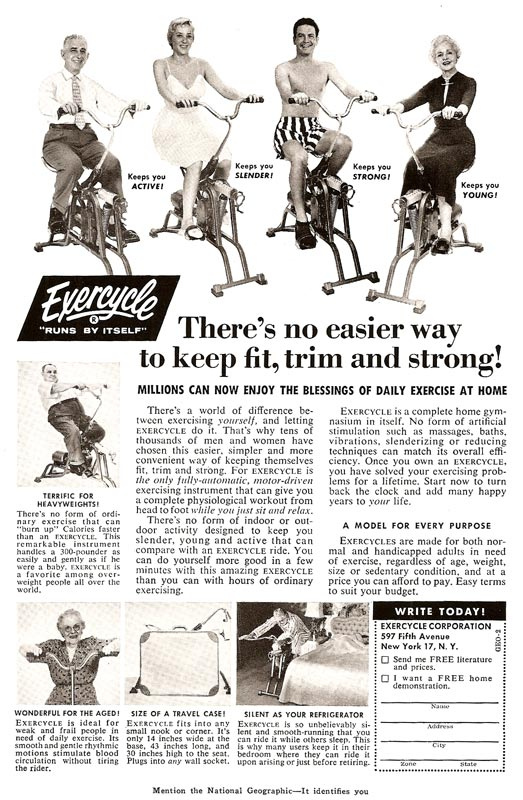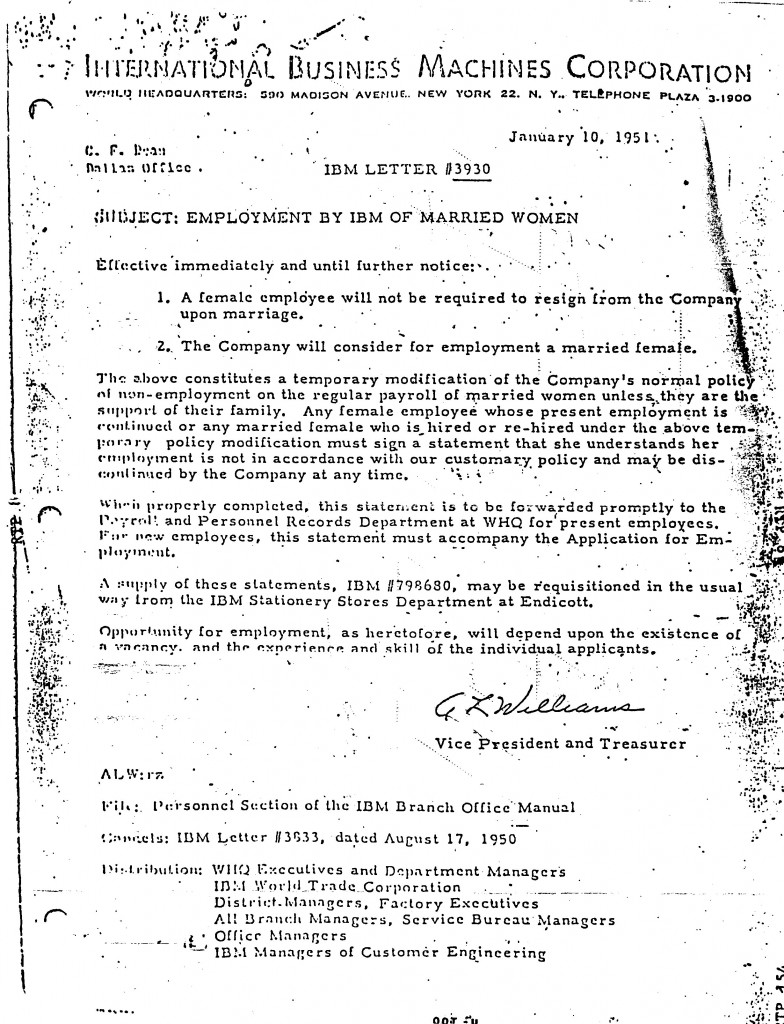
Danielle Q. sent us this gem, a 1980s commercial for a doll called My Child. It teaches girls all the important parts of being a mom:
- Others will judge you as a mother based on how well-dressed and groomed your kids are.
- Mothering requires a lot of repetitive, time-consuming work, but good moms think “it’s a pleasure.”
- At age 8 or so, you should already be thinking of yourself as a “little mommy.”
Here you go:

